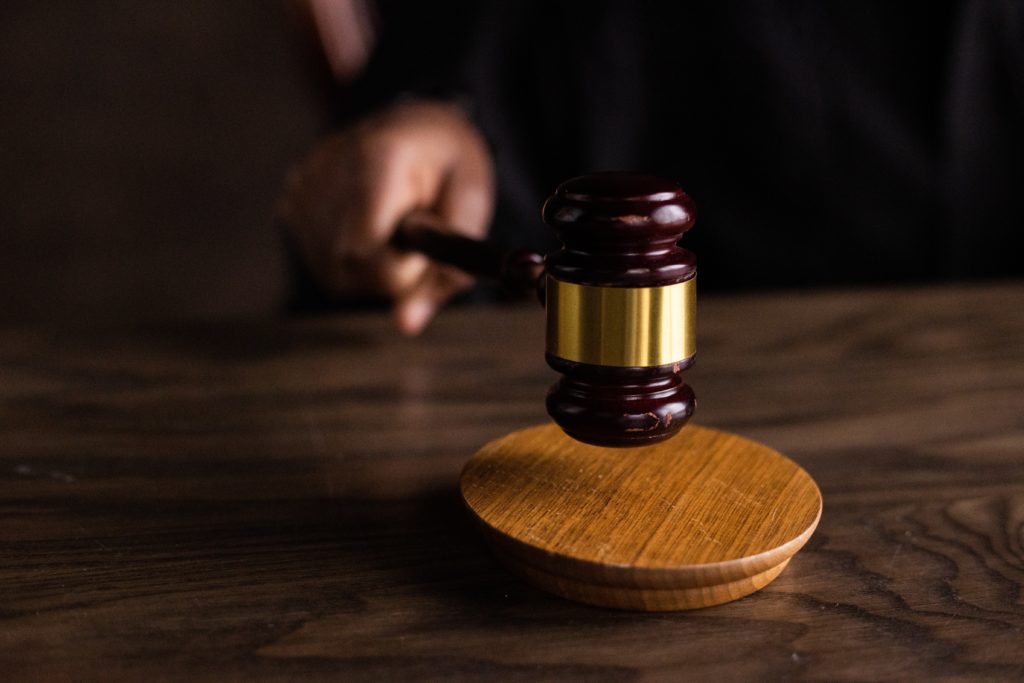The litigation process can be extremely stressful and can often lead to parties wasting significant time and resources to try and resolve the disputes to find that they have reached an impasse and a resolution is beyond reach. In these circumstances, it is highly likely that you’ll need a Brisbane litigation law firm to assess your prospects and advise on an appropriate course of action.
Situations that can be resolved using Litigation:
- Employment disputes, i.e., unfair dismissal
- Building and construction disputes, i.e., defects, delays, and contract-related conflicts
- Commercial disputes, i.e., breach of consumer rights, debt recovery
- Property disputes, i.e., council disputes, business lease disputes
- Bankruptcy and personal and corporate insolvency
- Defamation and more
Suppose you intend to embark on the litigation process. In that case, you need certainty that your litigation lawyer will present your best case, communicate clearly and effectively with any opponents, and fight for the best outcome.
Beginning the Litigation Process
Typically, the litigation process often begins with a letter to the opponent/s that provides the relevant facts to support the claim and the relief sought (i.e., payment of money in settlement of a debt or retraction of defamatory material and an apology.) No two matters are the same, therefore it is often difficult to say how long a matter will take from the initial letter.
That said, the civil litigation process usually follows a set structure from start to finish and is guided by the Uniform Civil Procedure Rules 1999 (UCPR) in Queensland. The UCPR provides useful guidance on the various stages and procedures of the litigation process. While the rules and guidance provided by the UCPR are helpful, the advice and assistance of an experienced litigation lawyer at the earliest opportunity will prove invaluable.
Commencement of proceedings
Formal litigation in Queensland usually starts with the commencement of proceedings in a court of competent jurisdiction. To start the process, a Claim is prepared and filed in the registry of the relevant Court by the plaintiff/s. The Claim must set out the relief sought and the facts to support the claim. The documents that must be filed are referred to as a Claim and Statement of Claim. It is critical that these documents are drafted correctly as they will form the basis of the matter going forward.
Defence/Judgment
Once served with the Claim and Statement of Claim, the defendant/s will be required to file a Notice of Intention to Defend and Defence in the same Court within 28 days. The Defence will respond to each allegation stated in the Statement of Claim. Failure to file defence material within 28 days can lead to the plaintiff applying for Default Judgment for the whole of the relief sought together with the costs of obtaining judgment and interest in some instances.
If you have been served with a Claim and Statement of Claim, you should consult with an experienced litigation lawyer as soon as possible.
Reply
The plaintiff can reply to any matters raised in the Defence by way of a Reply. The Reply must be filed and served within 14 days of receiving the Defence.
Disclosure
The step known as disclosure often causes people to break out in a sweat at the thought of locating copies of documents (either in hard copy or electronic) that are relevant to the matters in dispute. Disclosure is intended to prevent surprise at the trial, inform the parties of the issues to be disputed at the trial, and assist the parties to resolve disputes of fact. At this point, parties may obtain expert evidence to support their claim.
You must disclose all documents:
- in your possession or under your control; and
- that are directly relevant to an allegation in issue in the pleadings.
A document includes:
- any paper or other material on which there is writing;
- any paper or other material on which there are marks, figures, symbols, or perforations; and
- any disc, tape or other article or any material from which sounds, images, writings or messages are capable of being produced or reproduced
(section 36 Acts Interpretation Act 1954)
In certain cases, the Court has provision for the electronic management of documents. At Victor Legal we promote the use of technological applications for the disclosure process to ensure accuracy and efficacy.
Dispute Resolution
Once the above steps are completed, a mediation or settlement conference usually takes place. A mediation or settlement conference may be convened by the parties privately, or it may be ordered by the Court or Tribunal. A mediation or settlement conference provides the parties with the final opportunity to settle a matter before a trial or hearing.
Parties often instruct their legal representative to engage in negotiations with the opponent/s either before, during, or after a settlement conference or mediation. Experienced litigation lawyers understand the subtle intricacies of negotiation and they appreciate the costs, process, and grief that the parties will endure if the matter proceeds to trial or hearing. For these reasons, it is important that parties engage an experienced litigation lawyer.
Trial or hearing
At one point or another, you may find yourself in a situation where legal action is needed in order to settle a dispute with another party. In this case, commencing the litigation process with an experienced litigation professional may be the best way forward. In this article, we break down the process of litigation so you can clearly understand the procedures involved.
Throughout the trial or hearing, it is important that parties adhere to Court etiquette including standing up when instructed, addressing each Judge formally as ‘your honor’, and communicating only through your legal representative unless instructed otherwise by the Judge.

Seeking legal action
If you find yourself embarking on the litigation process it is important to not only understand the steps involved but also ensure you have experienced litigation by your side.
Throughout the litigation process, your litigation lawyer should keep you informed on the progress, recommend any changes to the predetermined strategy and keep you abreast of any increase to the professional fees without the complex legal jargon.
The team at Victor Legal are experts in a range of legal matters and is equipped to help you with your dispute. We are here to help you take control of the situation with our comprehensive and efficient litigation service, whether it be an employee disagreement or recovering a debt from a business or consumer. Contact us today.
